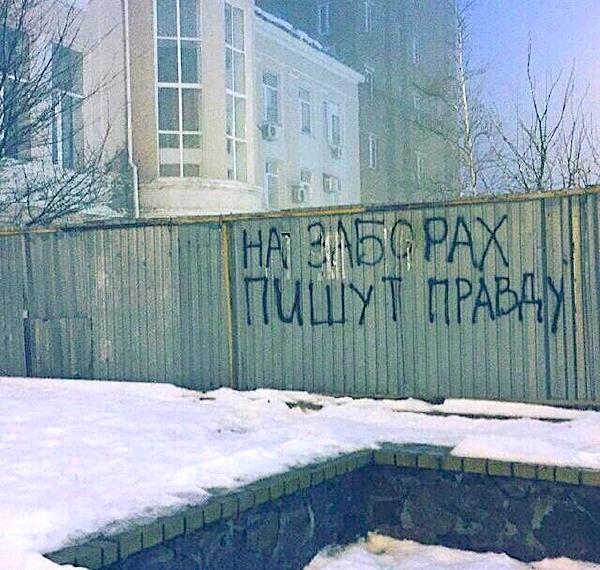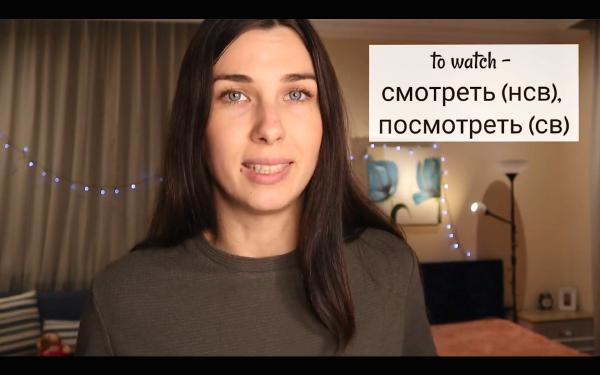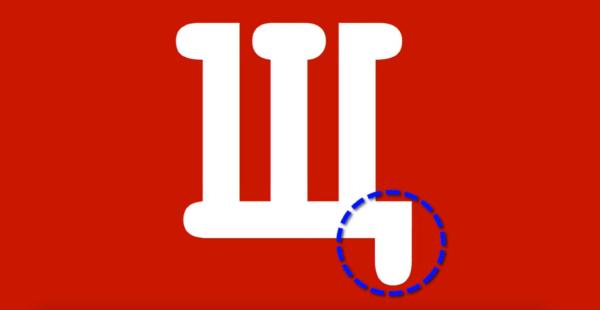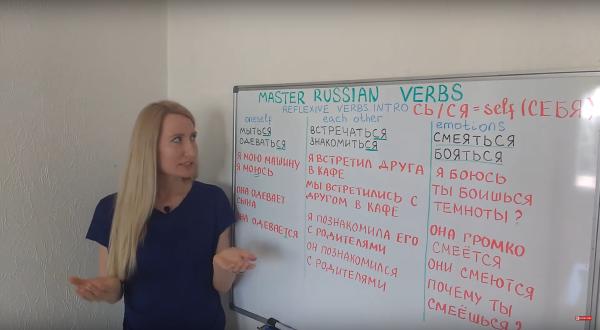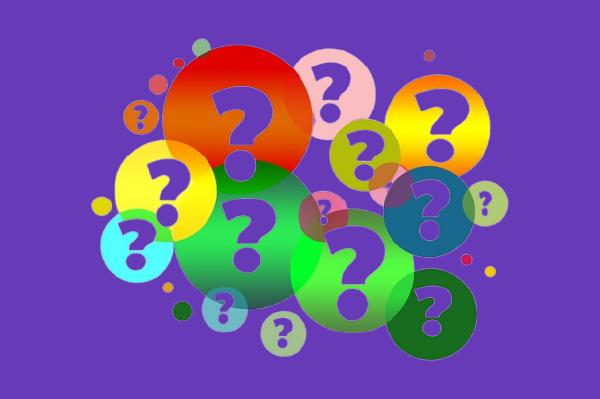SIXTH NOUN: LOCATIVE/PREPOSITIONAL
Language
The sixth noun, in Russian предложный падеж, is for most students the first one they learn. The reason is simple: the sixth grammatical case itself is.
Perfective and imperfective
Language
This often comes as a setback for students of Russian: of (almost) every Russian verb there are two. Which do mean approximately the same thing, but express very different things. So you need to know both, and of both learn the conjugations.
ш and щ: Spot the Differences
Language
One looks like a “w” with straight lines (like an E that has fallen over), and the other is similar but with a tail or hook. Or something like that. Not only do ш and щ look similar, but their sounds are also close. So close that distinguishing them isn’t easy.
Verbs that relate to oneself are called
reflexive verbs, in English “reflexive verbs,” and in Russian возвратные глаголы. Reflexive verbs often involve a “zich” (oneself) in Dutch; in Russian, this “self” is represented by the suffix -ся at the end of the verb. For example, мыть means to wash, and мыться means to wash oneself (or yourself).
Questions and Question Words
Language
Asking questions in Russian is not difficult. The only difference between a question and a statement can be the tone. Ivan is going to university: Иван идёт в университет. The only thing needed to turn that statement into a question is a questioning tone when speaking, and a question mark when writing or typing.


